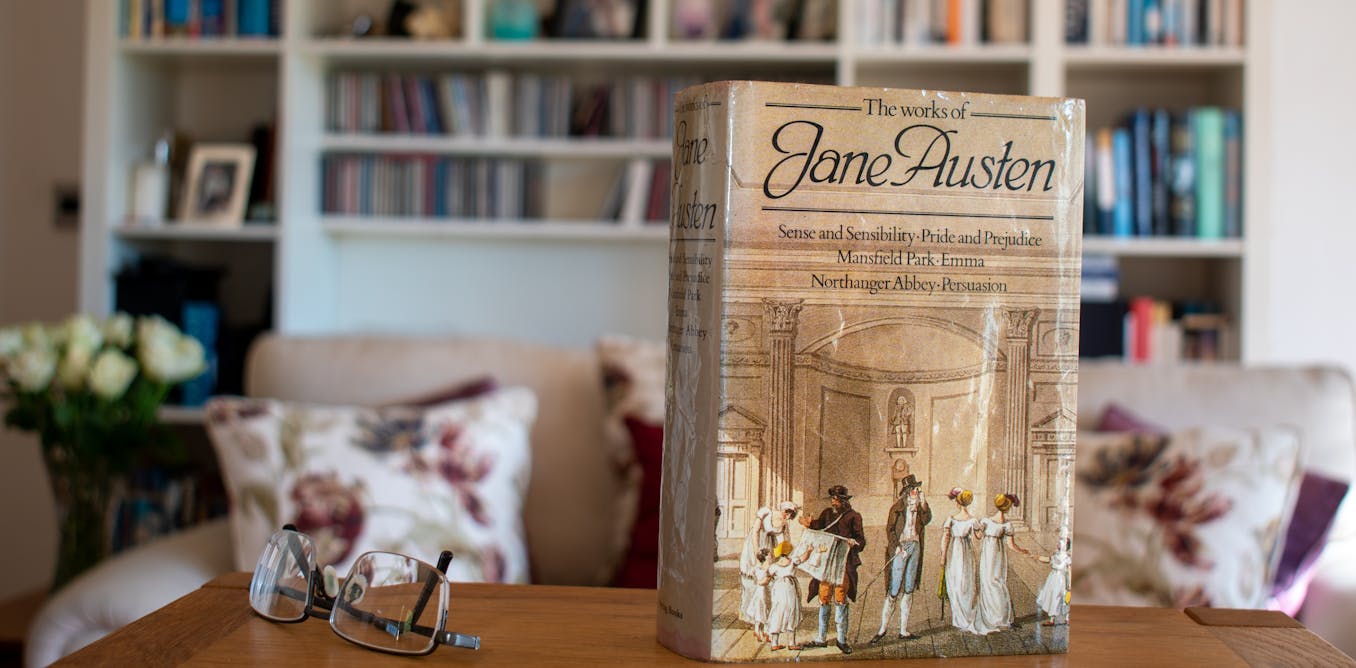Key insights
-
1
Theory of Mind Development
Reading Austen enhances the ability to understand others' mental states.
-
2
Complex Character Dynamics
Austen's narratives involve intricate emotional interactions among characters.
-
3
Free Indirect Speech
This technique immerses readers in characters' thoughts, enhancing engagement.
Takeaways
Reading Jane Austen not only entertains but also refines critical cognitive skills, making her works timeless in their relevance to understanding human relationships.

